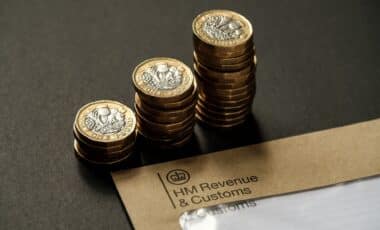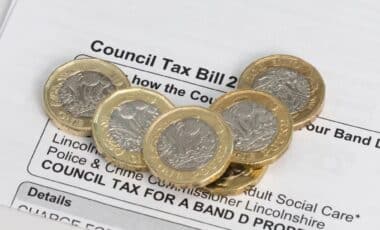Over seven million people in the UK are projected to be paying the higher rate of income tax by 2025-26, as government policies and frozen tax thresholds continue to impact the nation’s tax burden.
According to HM Revenue and Customs (HMRC), this increase highlights a significant shift in the tax system, with millions more pushed into higher tax brackets as their wages rise.
The number of higher rate taxpayers is expected to climb substantially in the next few years. As wages have gradually increased, however, tax thresholds have remained frozen, leading to what is commonly known as fiscal drag. The result is that more people are now subject to higher rates of tax, despite not seeing a corresponding increase in their income in real terms.
The Impact of Frozen Tax Thresholds
The number of individuals liable for income tax is set to increase significantly over the next few years. Projections from HMRC suggest that by the 2025-26 tax year, there will be 39.1 million income tax payers, up from 34.5 million in 2022-23.
Among these, the number of people paying the higher rate of income tax is expected to rise to 7.08 million. This marks a sharp increase from 5.10 million in 2022-23 and a more dramatic jump from 4.43 million in 2021-22.
This rise in higher rate tax payers is primarily driven by the freezing of income tax thresholds. As wages have risen over time, more individuals have been pushed into the higher income brackets, resulting in an increase in the overall tax burden.
Many taxpayers are feeling the financial pressure of paying higher taxes, especially as their incomes may not have risen enough to offset the increased tax obligations. Sarah Coles, head of personal finance at Hargreaves Lansdown, commented that the freeze has led to “an extra £89 billion in income tax this year,” as a result of fiscal drag.
The Broader Effect on Savings and Investments
The freezing of tax thresholds is not only impacting wages but also affecting savings and investments. With more individuals caught in higher tax brackets, the value of investments and savings has also diminished due to higher taxation.
Coles referred to this as a “stealth tax,” explaining that this situation leads to considerable financial strain, with many individuals unwittingly paying more than expected. Moreover, this trend isn’t likely to change soon. Tax thresholds are set to remain frozen until at least 2028, with no clear indications that they will be adjusted before then.
As the public debate about the government’s fiscal policies intensifies, experts like Coles warn that the tax freeze could extend even further, continuing to affect more people financially in the years ahead.
This growing pressure on the taxpayer reflects a significant shift in the UK’s financial landscape, with millions of ordinary people now paying more in taxes, savings, and investments.









